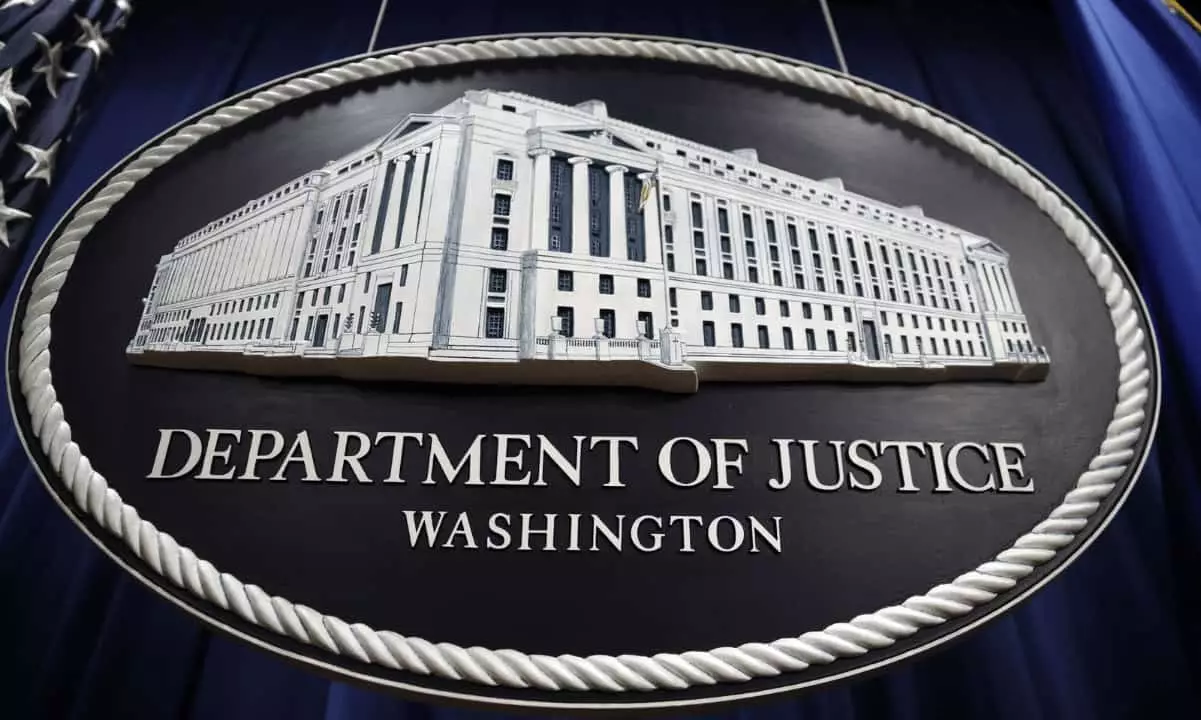The digital revolution has introduced a plethora of new opportunities, but it has also paved the way for various forms of crime, particularly related to virtual currencies. One recent case exemplifies the legal dangers in the burgeoning cryptocurrency landscape: the indictment of Maximiliano Pilipis, a 53-year-old former Noblesville, Indiana, resident. Pilipis stands accused of serious financial offenses, including multiple counts of money laundering and tax evasion, which highlight not only his alleged criminal activities but also the broader implications of unregulated cryptocurrency exchanges.
Pilipis has been indicted on five counts of money laundering and two counts of failing to file federal income tax returns. The allegations against him suggest he engaged in a systematic effort to obscure the origins of significant funds generated from illicit activities, specifically using his unlicensed virtual currency exchange, AurumXchange. This platform, operational from 2009 to 2013, allegedly facilitated the exchange of over $30 million in transactions, largely involving Bitcoin. The legal implications of such operations are profound as they invoke concerns regarding the effectiveness of current regulations surrounding cryptocurrency.
Lawful currency exchanges are expected to adhere to stringent federal regulations. These mandates include verifying customer identities, maintaining detailed records of financial transactions, and reporting to the U.S. Treasury to thwart financial crimes. However, the Department of Justice claims that AurumXchange operated in blatant violation of these requirements, enabling anonymous transactions without oversight.
AurumXchange’s connection to the Silk Road marketplace is particularly troubling. Silk Road emerged as a notorious platform on the dark web that facilitated illegal transactions using cryptocurrency to maintain user anonymity. According to court documents, it is alleged that some Silk Road clients utilized AurumXchange to convert their cryptocurrencies into fiat currency, effectively laundering their proceeds while evading law enforcement scrutiny.
This case serves as a stark reminder of the vulnerabilities within the cryptocurrency ecosystem, where the potential for misuse and criminal activity looms large. The seamless nature of digital transactions, coupled with insufficient regulatory structures, can provide a fertile ground for illicit activities such as money laundering and fraud. This not only jeopardizes individual participants but also undermines the integrity of the broader financial system.
The indictment outlines allegations that after halting operations in 2013, Pilipis attempted to obscure his tracks by splitting and transferring Bitcoin proceeds to mask their origins. By converting portions of these digital currencies into U.S. dollars and investing in real estate properties in Arcadia and Noblesville, Indiana, he seemingly aimed to legitimize his gains. This phase of his alleged criminal behavior underscores a critical issue regarding the inconsistencies in cryptocurrency regulation and the ongoing challenge they pose for law enforcement agencies.
The financial ramifications of such actions expand beyond the individual accused, impacting communities and the economy at large. With the volume of unreported income from digital currency activities, the potential loss of tax revenue only adds another layer of complexity to the ongoing battle against financial crimes.
U.S. Attorney Zachary A. Myers has characterized the fight against the misuse of cryptocurrencies and digital assets as an urgent priority within the Department of Justice. The ramifications of this case are significant, as it could lead to heightened scrutiny and a potential reevaluation of regulatory frameworks governing cryptocurrency exchanges.
If convicted, Pilipis faces severe penalties, including up to ten years in federal prison and a substantial monetary fine. His case will serve as a litmus test for the government’s ability to enforce existing regulations and manage the complexities that accompany a rapidly evolving digital currency landscape.
The indictment of Maximiliano Pilipis underscores the critical intersection of technology, finance, and law enforcement. It reveals not only the potential for abuse in an unregulated market but also the imperative for stringent oversight, rigorous compliance measures, and proactive strategies to combat financial crimes in the era of cryptocurrency. As the digital landscape continues to evolve, so too must the legal frameworks designed to govern it.













Leave a Reply